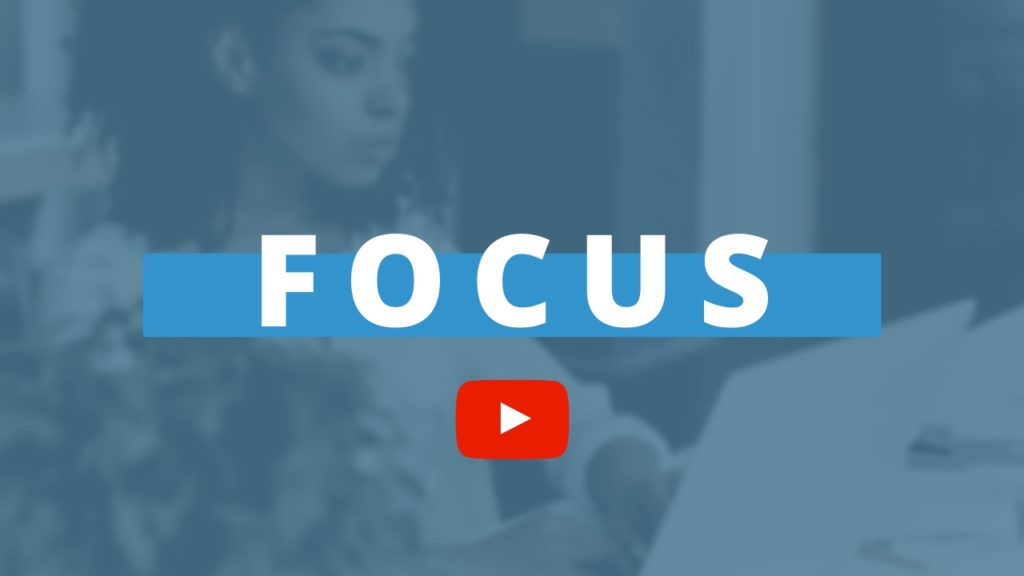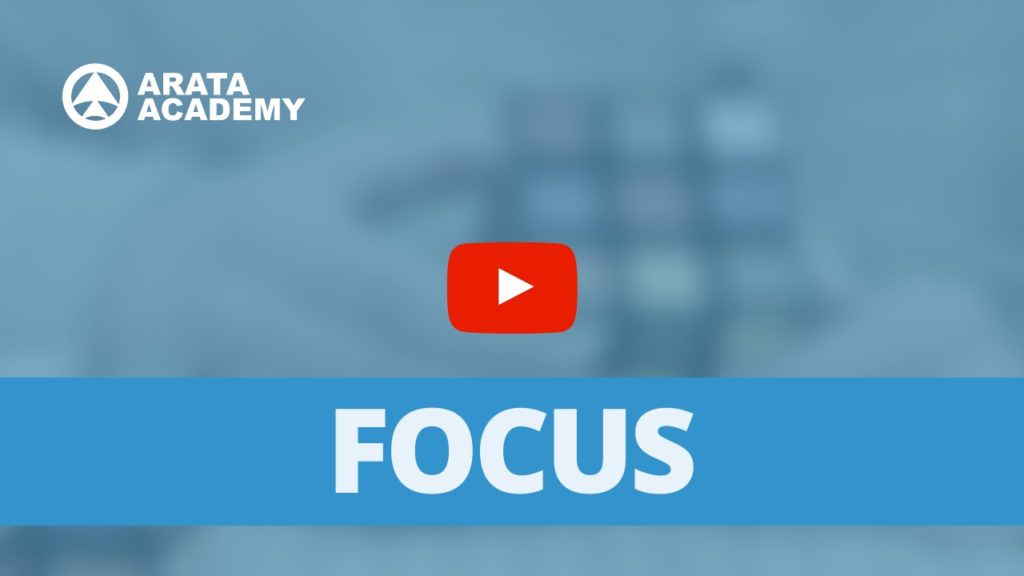Hello! Seiiti Arata. Anxiety is a major problem today. There are specific types of anxiety, such as fear of repentance, where you do something you don’t like instead of regretting not having done.
For example, say your close friends add you to a group message. If you accept, you know you will spend a lot of time reading all the notifications and messages from them. In return, you get a clear conscience that you are not missing out on anything.
Or, you can choose not to join the group and not read what they’ve been up to. In that case, the sense of anxiety about losing something important may arise. It’s called FOMO, The fear of missing out.
Another example. You will meet your friends even though you are tired or prefer to actually devote time to a project that is important to you.
You are motivated by the fear of regret of not having gone. After all, you remember that time your friends posted several photos on social media and told you how funny it was, and they reinforced: “Man, you missed that day …”
1. Anxiety removes happiness from the present moment
The irony of these moments is that when you arrive and begin to talk, another kind of repentance may arise: the regret that you didn’t stay at home. And that’s a kind of anxiety that drives us away from happiness.
It seems like where we stand is never good. We always want to be somewhere else; doing something else … we live anxiously in fear of making the wrong choice.
Try to slow down and pay more attention to the value of the present moment. Realize that every activity or goal focused on the future will always bring new goals and new horizons.
The person who doesn’t know how to enjoy the present moment will always be chasing after something out of reach. Find your point of balance between respect and appreciation of the past, contentment, and appreciation of the present moment, and also the planning of the future moment.
2. Find out what triggers your anxiety
This is the idea behind the strengthening of emotional intelligence. It is a process of self-knowledge that allows you to understand what your routine choices are, and most importantly, how to improve your choices of the future.
I’ve recorded a very detailed video about how this works. This way you can improve these habits, you need to find out which triggers are starting the activity. In addition, you also have to understand what kind of reward you are usually looking for. This is the triangle of habit.
Here in this link to watch that video and also download a free ebook.: https://arata.se/ebookhabits
I’ll give you an example: you’re away from home, without a phone charger, and realize that the battery is going to die. Just then, someone in your family or some close friend calls you and you pick up in a rude manner, in the rush, wanting to prevent the battery from completely dying.
With this attitude, you hardly realize that you are already incapable of having a minimally civilized conversation in that connection you have just received. You can’t enjoy the present moment because of an anxiety of the future moment.
In that case, the realization that the battery was low was the first trigger that put you in a different emotional state. This triggered a whole reaction in which communication with other people was affected.
3. Accept reality or change it
Let’s continue with the low battery example. What can we do to deal with this anxiety?
We can accept the reality that we are running out of battery and that we will no longer be available to receive calls until we charge the phone again.
We will also accept the fact that perhaps the connection we are receiving at the present moment will not be terminated – if the battery runs out, the connection may fall right in the middle. And to accept the fact that this isn’t a big problem and that you can talk to that person later.
Accept the fact that if you are willing to use the phone, you may run out of battery and not have another power source.
Acceptance of reality brings a sense of calm.
If it’s a very big deal that your phone battery stays charged because you are expecting a call, or need it for an emergency than by using good emotional intelligence, you will come to
understand you need to change your reality by not letting that situation happen. You can’t run out of batteries. Instead of being anxious, take action and carry a portable charger.
Also accept the fact that this change, in reality, brings a certain cost: you will need to spend money buying additional batteries, cables, and chargers to leave in different places
4. Change focus
Anxiety happens when the focus is directed at what we don’t yet have. Or the frustration of being dissatisfied with what we have.
By using our rational mind, we can redirect our thoughts and focus on aspects that bring joy.
Imagine the situation where you decide to go out to socialize with your friends, but you feel you are not having fun. You start having anxiety, wondering if it would have been better to stay home. What is the possible change of focus in this situation?
Is it really that you can’t change the course of the conversation? Or get to know other aspects of these friends to further improve your relationship with them?
Imagine the opposite now. Imagine that you were preparing to take a trip together with your friends, but ended up getting very sick so you had to stay at home resting.
One way to focus our attention is on the unhappiness that you are missing out on that unique moment of an incredible journey with friends. Another way to dedicate your focus by thinking about what you could do alone to have fun.
What changes do you need to make to start enjoying yourself?
Do you know yourself well? What is natural, ideal, or healthy for you? How long, in theory, do you think it is acceptable to stay out of social networks? How many offline hours do you need to feel irritated and anxious for not logging in?
To a certain degree, it is quite normal for all of us to feel some of this insecurity and anxiety. The problem is when this starts to be almost pathological and can cause us serious problems.
When choice is based on FOMO, there is a greater tendency to have a crisis later. You may feel a grudge, or some kind of resentment, that could hurt your relationship with people.
The inability to say no also makes you waste time or spend money you shouldn’t spend doing things that aren’t smart.
One way to master this feeling is to strengthen our emotional intelligence.

